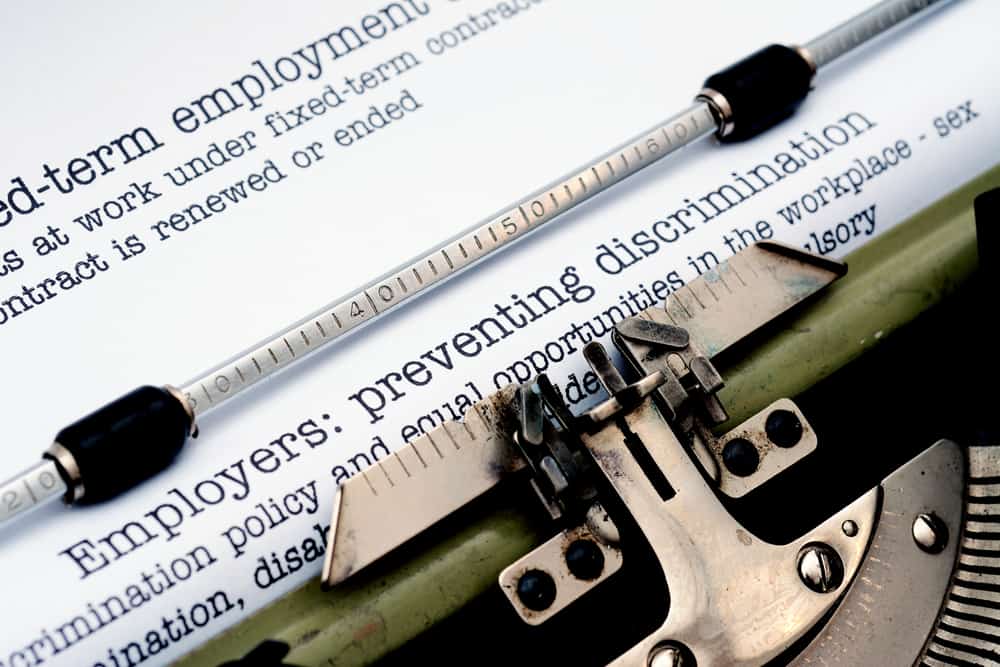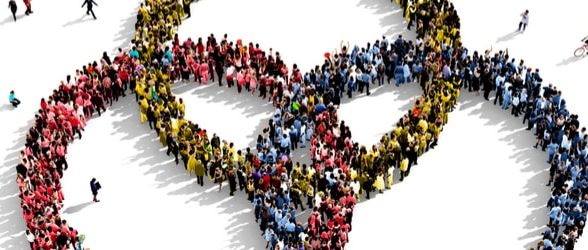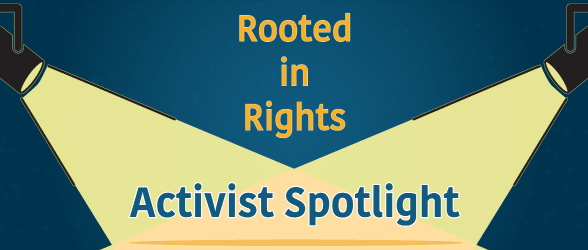How Workplaces Discriminate Against People of Multiple Marginalized Identities
I live every day in the body of a femme queer crip. I am also a neurodivergent single mother with a learning disability. The many intersecting identities of crip people of color like myself are often met with multiple forms of discrimination in the workplace, including ableism, racism and xenophobia. The stigma we encounter as single mothers of color who experience poverty means employers and coworkers often perceive us as wrong for a handful of reasons: we are wrong for being single mothers, we are wrong for being crip/chronically ill, we are wrong for being poor, we are wrong for living in the United States and we are wrong for being queer.
Though we have what we think are protections against discriminatory practices when employed in the United States, all too often, people with multiple minority identities have little legal recourse. We fear losing our paychecks that we depend on for housing and food. We fear that bringing up disability claims will more than likely get us fired. And if we get fired, we might lose our insurance or benefits that might require us to be employed, such as food stamps or Medicaid.
So, we hide aspects of our identities to avoid scrutiny. This is vital for our survival.
It is especially vital in Texas, which is a right-to-work state where we are often reminded we can be fired without cause. The top three charges filed under the Americans with Disabilities Act (ADA) from 2006-2014 in Texas, where I live, include wrongful discharge, request for reasonable accommodation, and terms and conditions not being met. A rough estimate shows that there are 32 charges for every 10,000 employees who have disclosed a disability. While some people do disclose their disabilities to employers, the reality is that many feel doing so can put their resume in the undesired pile or, if already employed, put their job in jeopardy. I often don’t disclose my conditions when applying for jobs for fear of repercussions even before I’m interviewed or hired.
When the office manager told me a few weeks after I was last hired that I’d be the last single mother they’d ever hire, it cemented the idea that as a crip and chronically ill single mother, my employment would never be secure.
As I became increasingly sicker and tried to seek accommodations, I was met with hurdle after hurdle. When I sought the flexibility that I was made to believe would be available, I was told of conditions and policies that excluded me. I also couldn’t access temporary leave that was supposed to be available to me. It was obvious to me that I couldn’t continue to work a demanding 40-50 hour week, and having exhausted my five sick days, I was forced to quit. I was told not to seek unemployment, as they would fight me in court over it. Since my health was quickly deteriorating as well as my self-esteem, I didn’t bother.
For the next few years, I began the song and dance of constant unemployment with gigs and small part-time jobs to be able to meet our housing and food needs. Though I value my privacy, I have often had to tell family and friends that our family was close to being homeless. A few times I have publicly asked for assistance with housing, food, and medical expenses. These requests are frequently met with ugly repercussions.
I’ve been called lazy and lectured on my responsibility as a mother. I’ve been told to stop being a drain to society and to go back to school or go back to Mexico, even though I have a graduate degree and was not born in Mexico. A few times I’ve been told that crip people like me shouldn’t have children and it was irresponsible of me to bring children into the world.
The invisibility that crip people of color feel in the disability justice front is only made worse when we want others to see our various identities as vital and important to the conversation. Employment discrimination against single mothers of color, including racism and xenophobia, must be recognized in our disability justice spaces. So, when we talk about expanding employment opportunities for the disability community, let’s not forget the need for disability movements to support crip and disabled single mothers of color.
About Rooted In Rights
Rooted in Rights exists to amplify the perspectives of the disability community. Blog posts and storyteller videos that we publish and content we re-share on social media do not necessarily reflect the opinions or values of Rooted in Rights nor indicate an endorsement of a program or service by Rooted in Rights. We respect and aim to reflect the diversity of opinions and experiences of the disability community. Rooted in Rights seeks to highlight discussions, not direct them. Learn more about Rooted In Rights




Thanks so much for bringing this up in the open. I filed a ADA claim against my employer and lost. I had originally hid my condition in order to get the job but it was getting intolerable. I had been getting good evaluations and as soon as that happened I went down thirty points to marginally effective and transferred out of the community I had been working in for 25 years. I became really ill and ended up quitting. The terrible thing is that one of the people that was evaluating me was indicted for stealing and his girlfriend took the blame and lost her job.